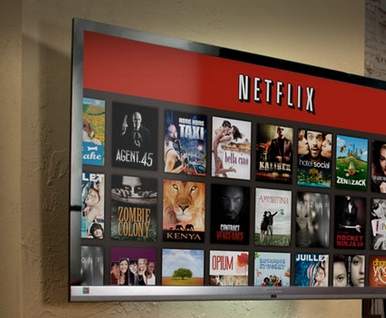Netflix has confirmed that it will finally be ditching Microsoft Silverlight for HTML5.
Unsurprisingly, Netflix is being diplomatic about the switch, which will undoubtedly please the streaming video masses, to say nothing of Linux users.

Indeed, according to Anthony Park and Mark Watson, Netflix is dropping Silverlight
because Redmond will stop supporting the video plugin in 2021.
There are other (unpublished) reasons, of course, including the fact that Silverlight is a problem-prone plugin that does not support Safari on iOS, Windows 8 “metro” mode or Linux.
“The ability to use [plugins] across a wide range of devices and browsers is becoming increasingly limited,” Park and Watson acknowledged in a recent blog post.
As such, Netflix has been collaborating with a number of industry leaders on three W3C initiatives to solve the problem of playing premium video content directly in the browser without the need for controversial plugins such as Silverlight.
“[For example], we’ve been working with Google to implement support for the HTML5 Premium Video Extensions in the Chrome browser, and we’ve just started using this technology on the Samsung ARM-Based Chromebook. Our player on this Chromebook device uses the Media Source Extensions and Encrypted Media Extensions to adaptively stream protected content,” wrote Park and Watson.
“WebCrypto hasn’t been implemented in Chrome yet, so we’re using a Netflix-developed PPAPI (Pepper Plugin API) plugin which provides these cryptographic operations for now. We will remove this last remaining browser plugin as soon as WebCrypto is available directly in the Chrome browser. At that point, we can begin testing our new HTML5 video player on Windows and OS X.”
Microsoft Silverlight – first released in April 2007 – can best be described as an application framework for writing and running rich Internet applications, with features similar to those of Adobe Flash.






